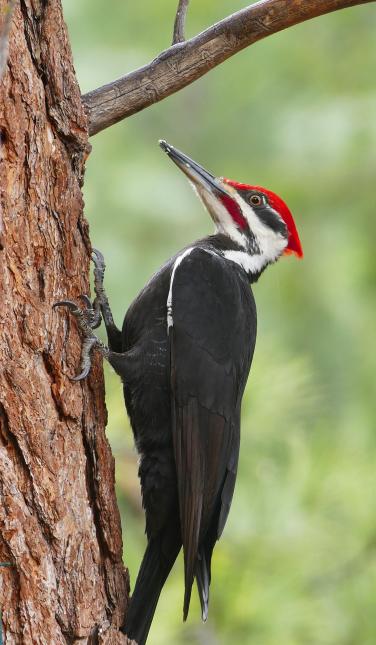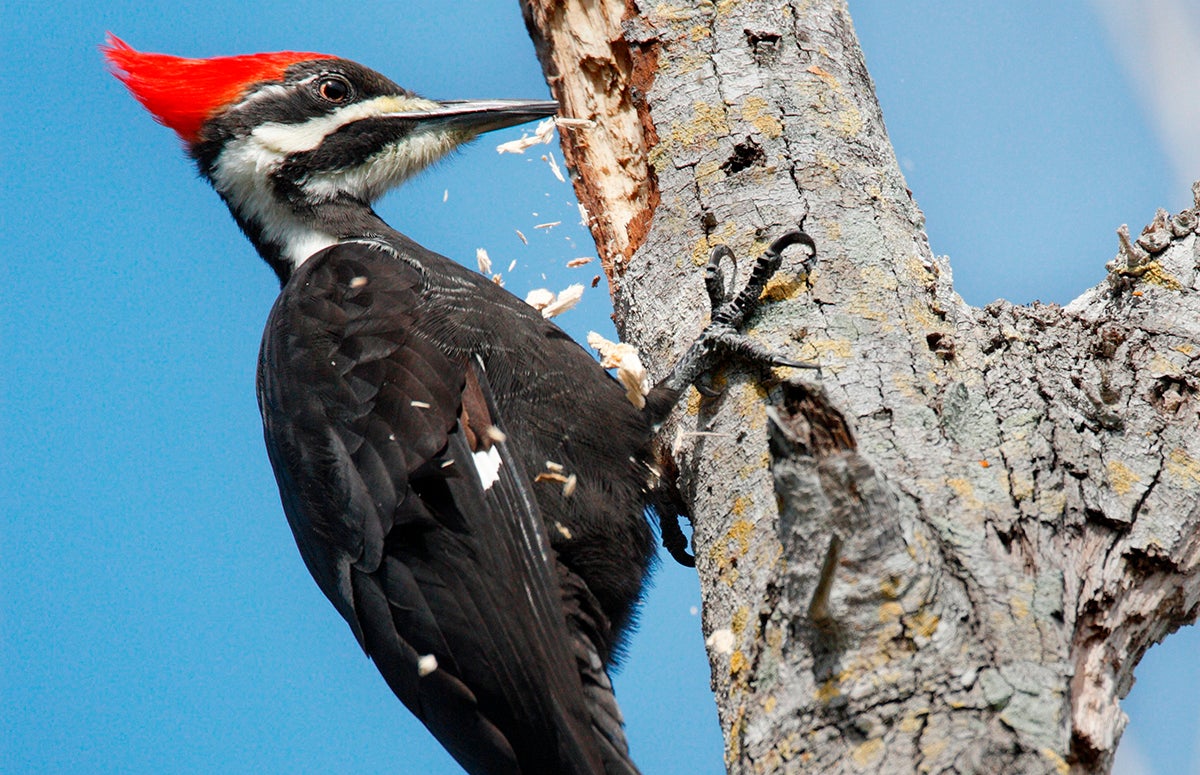Running Into Woodpeckers in Florida Variety: Environments and Habits
Discover the Remarkable World of Woodpeckers: Everything You Need to Know
The globe of woodpeckers is a realm full of one-of-a-kind actions, complex adaptations, and a varied variety of species. From their environments and distribution patterns to their feeding habits and specialized physiological features, woodpeckers have actually long mesmerized the interest of ornithologists and nature lovers alike. Comprehending the complexities of these remarkable birds supplies a glimpse right into the complex interaction between their biology and the setting. As we explore the globe of woodpeckers even more, we reveal a wealth of details that clarifies their significance in ecological communities and the difficulties they face in an ever-changing world.
Woodpecker Habitats and Circulation
In North America, for instance, woodpeckers can be detected in both coniferous and deciduous woodlands, utilizing their strong beaks to forage for pests and develop nesting tooth cavities in trees. In Africa, specific woodpecker types have adjusted to arid settings, such as the acacia forests, where they play a crucial role in controlling insect populaces.

Feeding Behaviors and Diet Regimen
Woodpeckers use their solid beaks to pierce into the bark of trees, probing for pests and larvae concealed beneath the surface area. In enhancement to bugs, woodpeckers likewise take in nuts, seeds, fruits, and sap.
Woodpeckers are known for their drumming behavior, which offers not just to connect with various other woodpeckers but also to situate food. The fast drumming sound is developed by the bird pecking on powerful surfaces like dead trees or metal posts. This habits can attract pests hidden in the timber, allowing the woodpecker to spot their existence and eat them.
Unique Adaptations for Tree Climbing
In their adept pursuit of bugs hidden within tree bark, woodpeckers have developed exceptional physiological attributes that outfit them with unique adaptations for effective tree climbing. Woodpeckers have solid neck muscular tissues and an one-of-a-kind head framework that soak up the influence of consistent pecking, permitting them to climb up up and down without creating injury to their minds. These adjustments showcase the extraordinary evolutionary style that enables woodpeckers to browse trees with precision and effectiveness.
Diverse Woodpecker Variety Worldwide
With over 200 various varieties spread out throughout different environments worldwide, the household of Picidae includes an exceptional diversity of woodpeckers. These birds can be located in woodlands, timberlands, savannas, and also urban areas, showcasing their flexibility to various atmospheres. From the legendary Northern Flicker in The United States And Canada to the vivid and evasive Crimson-backed Flameback in Asia, each woodpecker types exhibits one-of-a-kind features in terms of tuft, habits, and habitat choice.
Woodpeckers vary considerably in size, with the diminutive Downy Woodpecker official statement gauging around look at here now 6-7 inches in size, while the effective Lineated Woodpecker can rise to 17 inches - Woodpeckers in Florida. Their beaks also come in various sizes and shapes, showing their feeding behaviors. Some varieties focus on extracting pests from tree bark, like the Acorn Woodpecker, while others, such as the Black-cheeked Woodpecker, eat fruits and seeds

Conservation Efforts and Obstacles
Preservation initiatives for woodpecker populations are important in minimizing the influence of environment loss and various other hazards facing these diverse avian species. Woodpeckers face various challenges to their survival, primarily due to deforestation, urbanization, climate change, and invasive species. To address these issues, conservation initiatives concentrate on shielding and recovering woodpecker environments, carrying out lasting forestry methods, and increasing understanding concerning the relevance of these birds in ecological blog communities.
One substantial obstacle in woodpecker preservation is the fragmentation of their habitats, resulting in isolated populaces that are much more susceptible to termination - Woodpeckers in Florida. Guardians work to create wild animals hallways and secured locations that link these fragmented habitats, allowing woodpeckers to relocate between different locations for feeding, breeding, and shelter

Verdict
In conclusion, woodpeckers are fascinating birds with unique adaptations for tree climbing and feeding actions. Further research and preservation activities are needed to ensure the survival of woodpeckers in the wild.